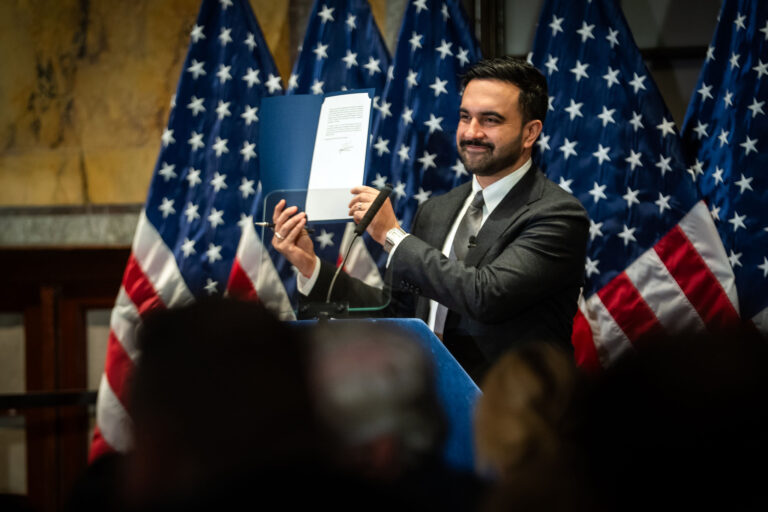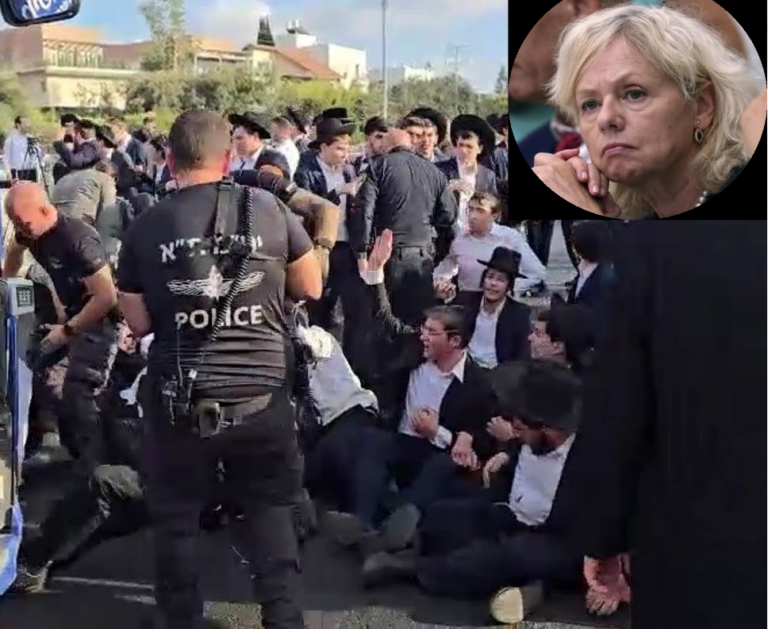 If you like Mayor Michael Bloomberg’s congestion pricing proposal, you’ll just love his plan for residential parking permits!
If you like Mayor Michael Bloomberg’s congestion pricing proposal, you’ll just love his plan for residential parking permits!
Mayor Michael R. Bloomberg and Department of Transportation (DOT) Commissioner Janette Sadik-Khan today announced that the congestion pricing legislation that will be introduced in the City Council and State Legislature in the coming weeks will include a Residential Parking Permit (RPP) program. The program is designed to give local residents priority for on-street parking in residential areas and to discourage park-and-ride activity by commuters.
It will be tailored by neighborhood to address specific needs, and restrictions will vary based on neighborhood parking patterns. The announcement of the program follows a dozen community parking workshops held by DOT in 7 neighborhoods between November 2007 and February 2008. The announcement was made in Boerum Hill, a neighborhood where the program could hold great appeal to residents. All neighborhoods will have the opportunity to consider opting into the RPP program including communities where interest has already been expressed such as Brooklyn Heights, Long Island City, and the Upper East and West Sides of Manhattan. Joining the Mayor and the Commissioner at today’s announcement were Councilmember David Yassky and President of the Boerum Hill Association, Sue Wolfe.
“This is a promising and proven parking management strategy that together with congestion pricing, will help us achieve one of the key goals of PlaNYC – cutting down on pollution-creating traffic and creating an environmentally sustainable transportation system for New York City,” said Mayor Bloomberg. “A number of other cities, including Washington D.C., Boston, Chicago, and San Francisco, have long had successful residential parking permit programs. We are confident that it will succeed here too.”
“Congestion Pricing is vital to the future of New York City and a Residential Parking Permit program will help to ensure that neighborhoods are not overrun with commuters looking for parking before they get on a subway to enter the pricing zone,” said Commissioner Sadik-Khan. “The Residential Parking Permit program will give parking priority to local residents while also balancing the need for some visitor and commercial parking.”
The RPP program is designed to address concerns that congestion pricing will entice commuters to drive into neighborhoods just outside the pricing zone, park their cars for the day on a residential street, and then take the subway or other transit into Manhattan to avoid paying a congestion fee. Recent studies by DOT show that many of the neighborhoods that border the congestion pricing zone are already at or near on street parking capacity. Comments and feedback from residents at the community parking workshops helped to shape the RPP program being introduced today.
“Parking is a huge headache for residents in Downtown Brooklyn neighborhoods and residential parking permits will be a real step towards making daily life a little easier,” said Councilmember David Yassky. “I applaud Mayor Bloomberg and his Administration for giving this approach a try.”
“We’re pleased that DOT is creating a residential parking program. They’ve listened to people in neighborhoods like Boerum Hill, who are impacted by drivers who don’t live here – circling our streets, polluting the air and placing our pedestrians in jeopardy,” said Sue Wolfe, President of Boerum Hill Association. “People should use the terrific public transportation system that we as New Yorkers are very lucky to have and Mayor Bloomberg’s plan to improve that system and reduce congestion should be enacted.”
Under the program, residents with a permit displayed on their vehicle will be able to park in an RPP designated space all day. For instance, cars without a permit for a particular zone will not be able to park in RPP spaces during a set 90-minute time period (e.g. 10-11:30 a.m.) each day. In this instance, RPP spaces could be restricted to one side of the street to provide some parking for visitors during the 90-minute RPP time period. The timing of this 90-minute period could be adjusted depending on neighborhood characteristics, but these 90-minute periods would restrict out-of-neighborhood cars from parking for long periods of time. Visitors coming to the neighborhood to shop, use neighborhood services or conduct other business will only be restricted from the RPP spaces during the 90-minute period, but will have access to more spaces at other times of the day. DOT will issue annual permits to residents who are able to show proof of vehicle registration at an address within the permit area.
Under the proposed bill, beginning in the fall of 2008, residents can petition for the establishment of an RPP zone in their neighborhood by submitting a request to their Community Board on a form that will be available on the DOT web-site. The Community Board will then be required to hold a public meeting. The Community Board’s approved plan will be submitted to the Borough President and the local City Councilmember, who will both be required to approve the plan before it is implemented.
Residential parking permit systems are already in place in other major U.S. cities, including Boston, Chicago, Philadelphia, San Francisco and Seattle, and have been shown to be an effective way to manage parking. RPP in New York City would offer priority to those neighborhoods just outside the congestion pricing zone. The program will be closely monitored to see how well it works.











6 Responses
This is just another tax on the residents of NYC. These permits will not be free.
What this whole scenario, the congestion parking and the RPP is, is an excise tax placed upon commuters who have NO representation in city government; i.e. those of us who live outside NYC. Bloomberg is about to make our lives miserable and he knows he can do it without repercussion since we don’t vote in NYC elections. We just pay taxes and now additional fees for the prvilege of working in NYC and contributing to the local economy. the notion that there is adequte public transportation into NYC from places like Passaic, NJ or Rockland County or Nassau County is a canard. As I recall, well over 2,000 people use the Suffern train station daily. There are a maximum of 300 parking spaces available at the station. I truly hope that Bloomberg gets what he wants and more. People should simply stop commuting into NYC; i.e. they should find local jobs and deprive the City of both the labor supply and money those people bring into the City.
Rob some more money, why not? any one who falls for it is an idiot
Los Angeles has many permitted parking areas throughout the city. It does not create great pronlems in the jewish areas councilman exempt all of the Yom Tovim.
B’H im outta there!!
First of all, if you dont live in NYC you dont pay NYC taxes. The commuter tax was repealed a long time ago. Second of all, I am sure you would work near home if you found a job nearby. People work in NYC because thats where the jobs are. If you dont take a job there will be many others lining up to take it